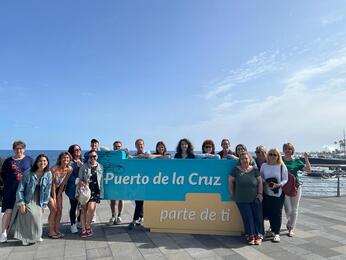 It’s a complex challenge to keep students engaged: using innovative methods can be a significant resource to motivate them and to enhance their learning. Thanks to different kinds of studies and research, today there are many tools available that can be used in the school environment: project-based learning, non-formal education, outdoor education, and ICT are some of the many opportunities that can be integrated with traditional teaching methods. The new edition of the course “Innovative teaching methods for teachers, school and adult education staff” took place in Tenerife from 08/05/2022 to 14/05/2022. The participants came from all across Europe, with Anders Brunlid from CVO SEMPER in Belgium; Vera Wauters, Emmanuelle Clerckx from VTI ZeeBrugge in Belgium; Evangelia Karastathi, Maria Kaperoni, Sotiria Antoniadou, Eleni Gastouniotou from Primary School of Ormos Korthiou, Androu in Greece; Luminita Nicoleta Murariu, Carmen Manole, Nadia Ignatencu, Liliana Fediuc from Ion Luca Caragiale Secondary School in Romania; Marie André Schollaert, Inge De Paepe from BS Centrum in Belgium; Christian Reisinger from HTBLA Perg in Austria; and Katja Dellore, Nadia Zigante from Scuola elementare Vincenzo e Diego de Castro Pirano in Slovenia. Thanks to different kinds of studies and research, today there are many tools available that can be used in the school environment: project-based learning, non-formal education, outdoor education, and ICT are some of the many opportunities that can be integrated with traditional teaching methods. At first, Project Based Learning allows students to delve into content in a more direct and meaningful way, starting from a topic question and trying to investigate real world issues. Analysing the principles of PBL, the participants of the course had the opportunity to discover how teamwork, collaboration, and creativity can help students to discover the way to deal with real problems, learning strategically and searching for the answers from the start. On the other side, visual strategies and teambuilding games showed the power of Non-Formal Education. In fact, starting from the activities, we explored the Kolb’s experiential learning cycle and we learned how it allows to pass from reflection to conceptualization and application, giving the student an active role in the learning process. Thanks to an ICT tool, the teachers had the opportunity to participate in a special type of treasure hunt, discover Tenerife and deepen the power of Outdoor Education in a very funny way. Some of the advantages of Outdoor Education that emerged during the debriefing are, on the one hand, the increase in motivation and creativity; on the other, the improvement of the psychophysical well-being thanks to the contact with nature and the consequent reduction of stress. 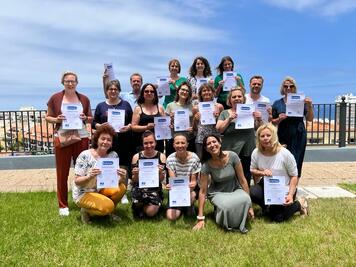 Finally, we explored innovative teaching methods with ICT. We practised several tools in class, finding out new ways to engage students, assess and display a lesson. This course helped participants to understand how to work with a more innovative approach in their classes. By Friday, team spirit was so high that it was difficult to say goodbye. However, our group was very eager to go back and start applying all the many ideas that emerged during the course. Another great week of inspiration was over, but only to be continued back in their countries. Discover more about this course in: https://www.erasmustrainingcourses.com/innovative-teaching-methods.html |
Welcome to the ELA Blog. Here you will find articles and photos of our courses and have a look at the topics addressed during the week in Bologna, Palermo and Tenerife. You will also have the chance to take a peek at our projects and check out what we have been up to.
Archives
July 2024
Categories |
-
Course catalogue
- 2023-2024 course catalogue
- Soft Skills >
- ICT and New Technologies >
- Inclusion and Diversity >
-
Innovative Teaching Methods
>
- Innovative teaching methods discovery
- Non-formal education teaching methods
- Dual education and work-based learning
- Teaching leadership and entrepreneurship
- Project based learning
- Game based learning and gamification
- Green skills
- Outdoor education
- Outdoor education trekking edition
- Promoting creativity and critical thinking
- Languages and EU projects >
- Preschool >
- Erasmus Plus KA1
- What we do
- About us
- Locations
- Blog
- Contact us
 English
English български
български Čeština
Čeština Español
Español Français
Français ελληνικά
ελληνικά Italiano
Italiano Polski
Polski Português
Português Română
Română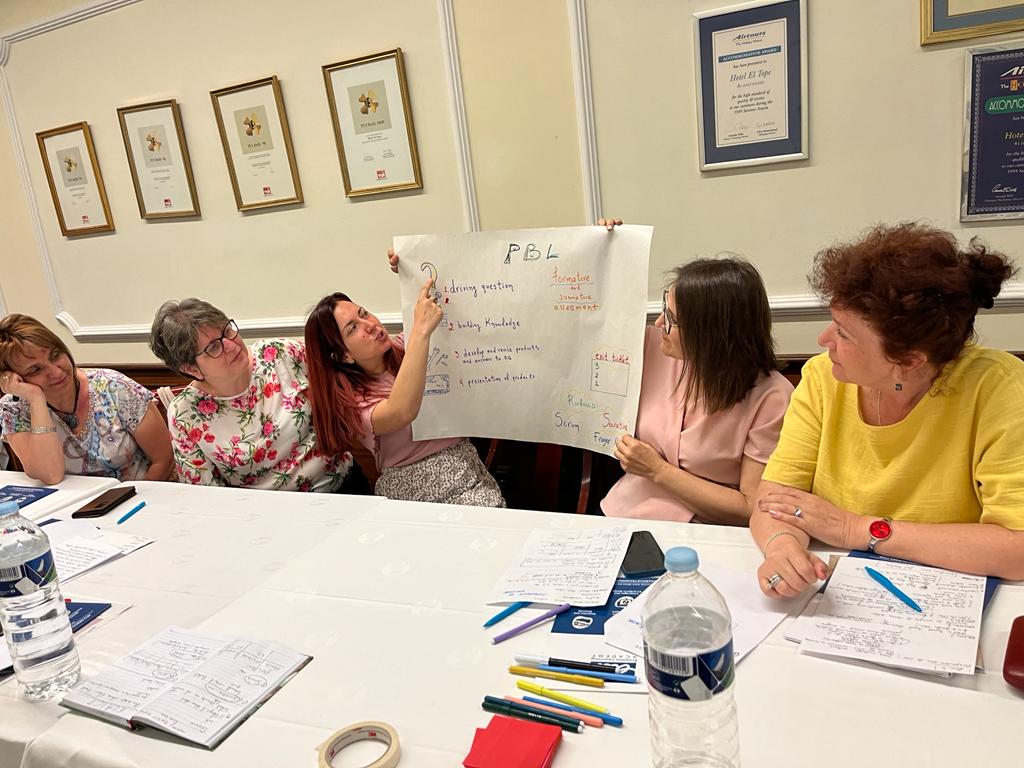
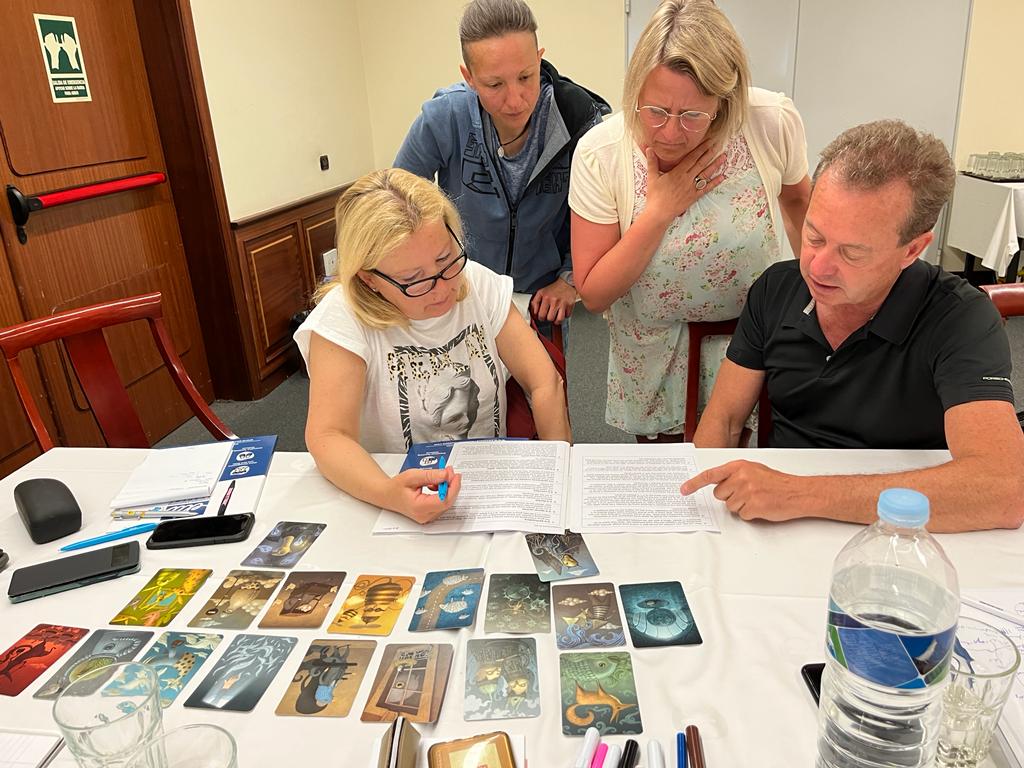
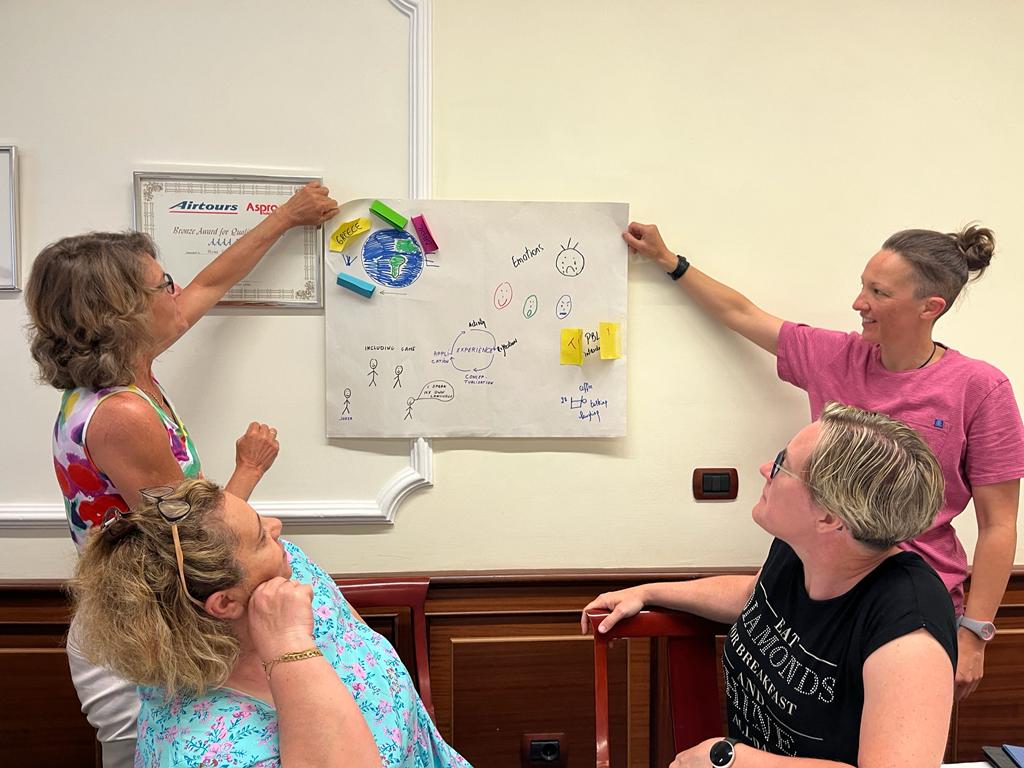
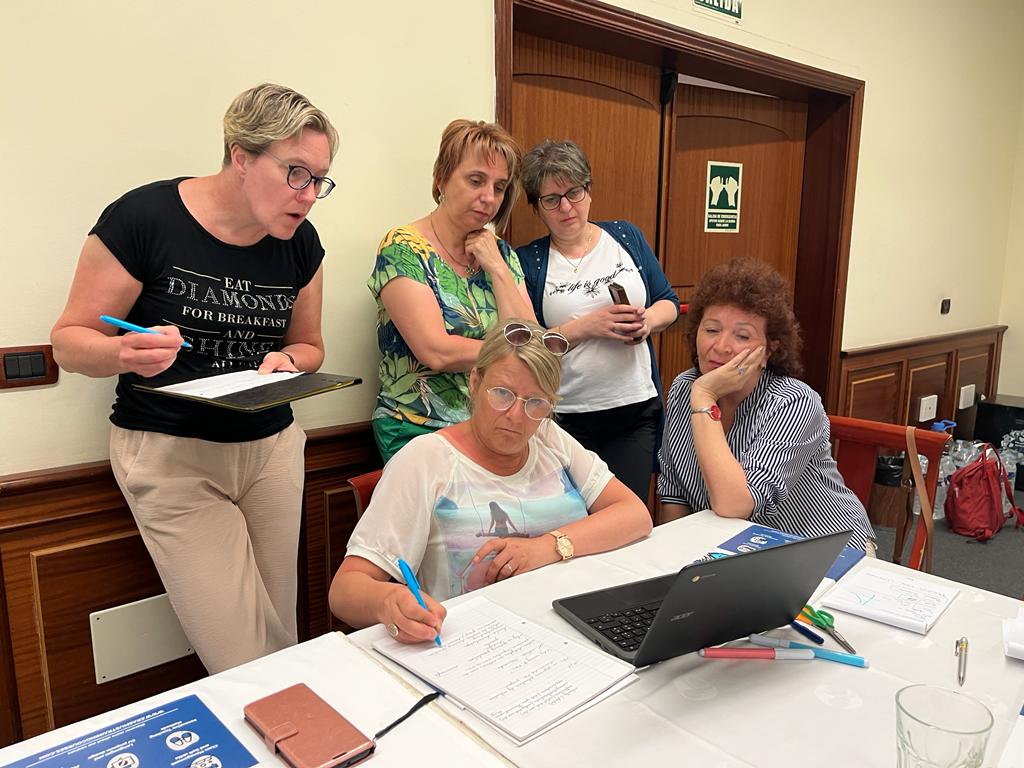
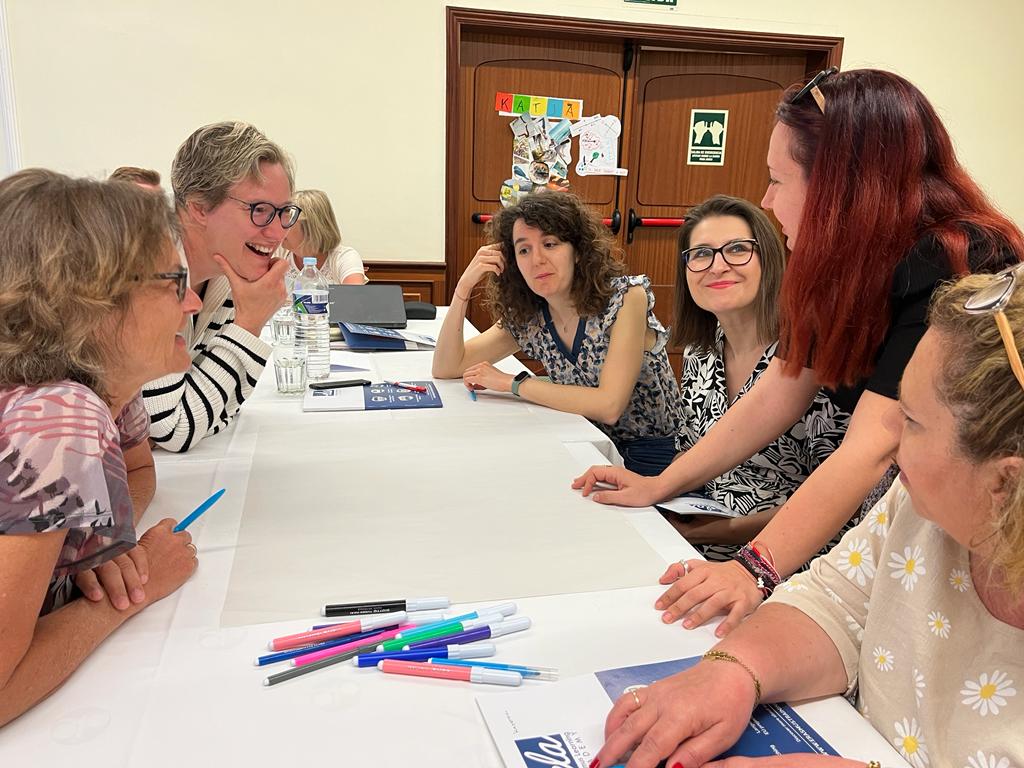
 RSS Feed
RSS Feed









